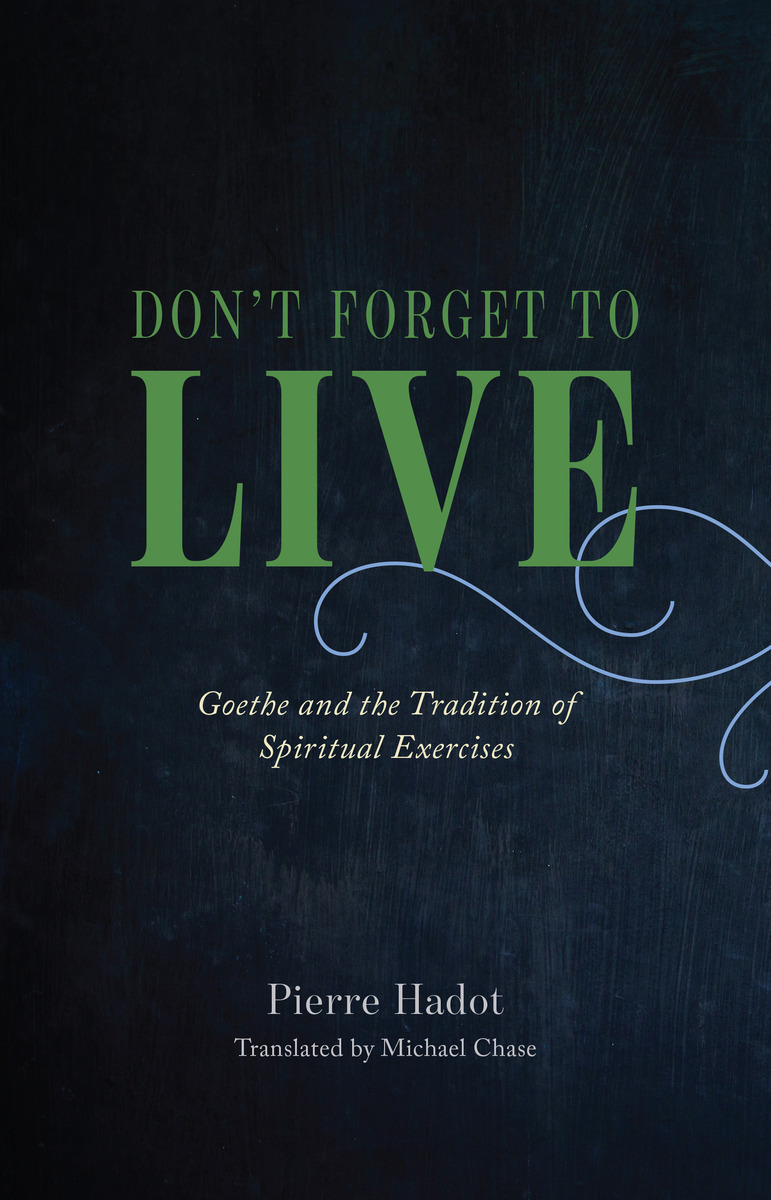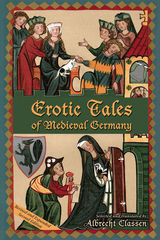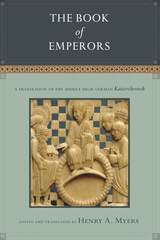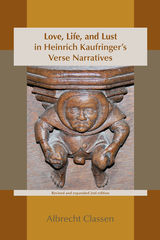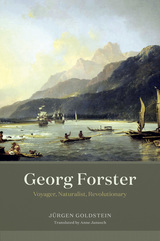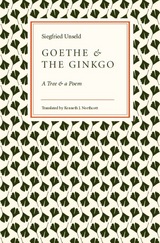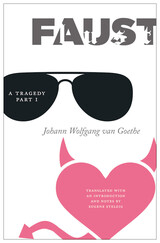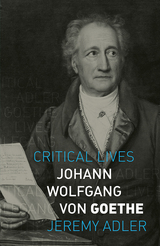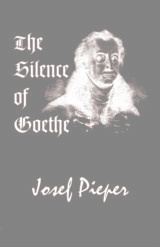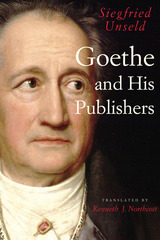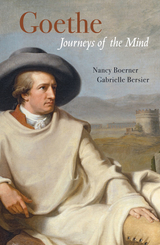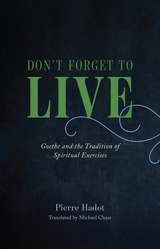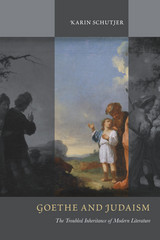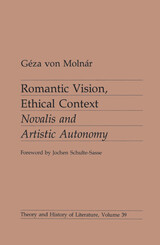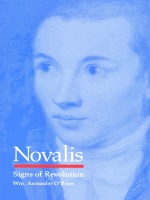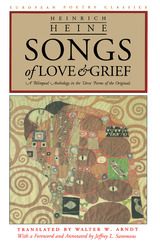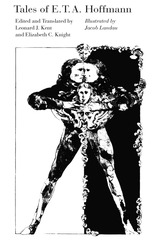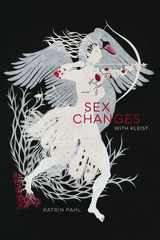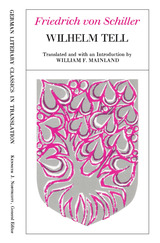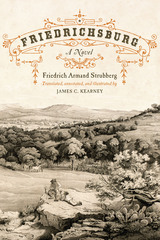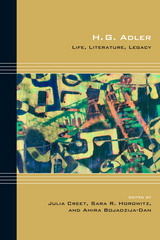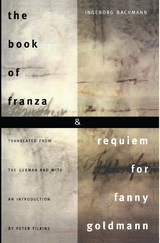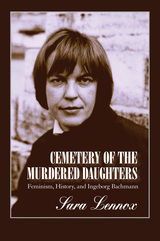Don't Forget to Live: Goethe and the Tradition of Spiritual Exercises
University of Chicago Press, 2023
eISBN: 978-0-226-49733-4 | Cloth: 978-0-226-49716-7
Library of Congress Classification PT2193.H2313 2023
Dewey Decimal Classification 831.6
eISBN: 978-0-226-49733-4 | Cloth: 978-0-226-49716-7
Library of Congress Classification PT2193.H2313 2023
Dewey Decimal Classification 831.6
ABOUT THIS BOOK | AUTHOR BIOGRAPHY | REVIEWS | TOC | REQUEST ACCESSIBLE FILE
ABOUT THIS BOOK
The esteemed French philosopher Pierre Hadot’s final work, now available in English.
With a foreword by Arnold I. Davidson and Daniele Lorenzini.
In his final book, renowned philosopher Pierre Hadot explores Goethe’s relationship with ancient spiritual exercises—transformative acts of intellect, imagination, or will. Goethe sought both an intense experience of the present moment as well as a kind of cosmic consciousness, both of which are rooted in ancient philosophical practices. These practices shaped Goethe’s audacious contrast to the traditional maxim memento mori (Don’t forget that you will die) with the aim of transforming our ordinary consciousness. Ultimately, Hadot reveals how Goethe cultivated a deep love for life that brings to the forefront a new maxim: Don’t forget to live.
With a foreword by Arnold I. Davidson and Daniele Lorenzini.
In his final book, renowned philosopher Pierre Hadot explores Goethe’s relationship with ancient spiritual exercises—transformative acts of intellect, imagination, or will. Goethe sought both an intense experience of the present moment as well as a kind of cosmic consciousness, both of which are rooted in ancient philosophical practices. These practices shaped Goethe’s audacious contrast to the traditional maxim memento mori (Don’t forget that you will die) with the aim of transforming our ordinary consciousness. Ultimately, Hadot reveals how Goethe cultivated a deep love for life that brings to the forefront a new maxim: Don’t forget to live.
See other books on: 18th Century | German | Live | Philosophy, Modern | Tradition
See other titles from University of Chicago Press
